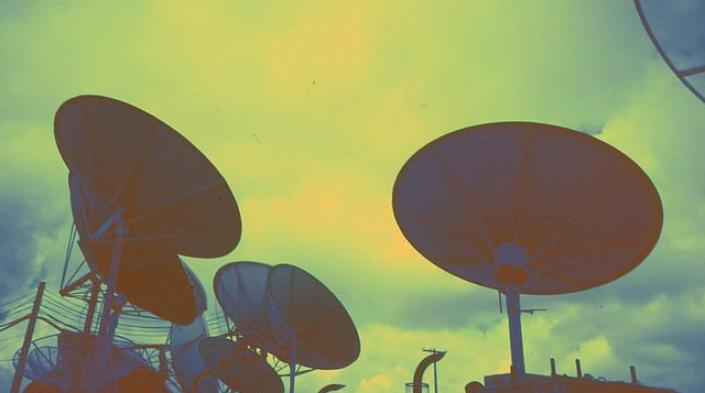
Page last updated on
APC’s efforts to ensure affordable and equitable internet access focus significantly on radio spectrum. While use of wireless internet, particularly through mobile devices, is growing exponentially in the developing world, access to reliable and affordable broadband continues to be a challenge, especially for remote and rural locations. Open, development-oriented spectrum management has great potential for dramatically improving internet access.
We approach access from a human rights perspective. The distinctions between affordable, quality access, and the expression and realisation of human rights on the internet as well as through the use of the internet are increasingly blurred. Read more about our rights work.
APC currently works on two projects that focus on radio spectrum:
Digital Migration in Africa: Whose Dividend?
Raising awareness and building capacity to protect the public interest
Member states of the International Telecommunications Union (ITU) have committed to migrating to digital broadcast television by June 2015. Arguably, digital migration is one of the most fundamental changes in broadcasting in decades.
Transition to digital broadcasting has been presented largely as a technical process with the bonus also being additional spectrum for telecoms and broadcast operators – the same institutions that already own or control much of currently available spectrum. However, it raises wider questions about how the public interest is expressed and promoted in broadcasting and broadband, and its relationship with interactive, converged media (delivery of multimedia over the internet).
Little or no attempt has been made to include civil society in transition planning and policy discussions. Even in those countries where the process is more advanced, there have been no consistent campaigns to explain its implications to the people who will be affected by it.
Our previous work in this area has highlighted the urgent need for capacity building and awareness raising on issues that impact the public interest. The current lack of focus on and understanding of these issues by stakeholders in many countries means that the myriad potential benefits of digital migration may not be realised.
APC is currently working in four countries with local partners to in order to bridge this gap:
-
Ivory Coast: More information in English and in French
For more resources on digital migration, visit: http://digmig.events.apc.org/
TV white spaces
TV white space (TVWS) is the unused spectrum in television frequencies, which can be used for providing affordable and efficient wireless access. Much of the spectrum that has been allocated to broadcasting remains unused and use of TVWS for connecting to the internet has the potential to transform the connectivity landscape in Africa and other regions.
TVWS uses the principle of dynamic spectrum allocation, where the radio equipment is able to use a variety of different frequencies depending on which wavebands are in use for broadcasting. This model of spectrum allocation can be applied to any frequency and promises to revolutionise the way radio spectrum is allocated in the future, making much more efficient use of a scarce resource and reducing the burden of regulators to carry out complex band planning exercises.
Currently, APC is involved in documenting several of the trials of TVWS that are taking place in Africa:
-
South Africa: Cape Town is has been the site of extensive testing of TVWS where a number of schools have been provided with broadband connections with assistance from Google and education network TENET. The trial has shown that even in an environment where there is extensive urban use of radio spectrum for television broadcasting, no interference has occurred. In addition it was found that TVWS provided a more reliable and higher bandwidth service than could be provided through more traditional ADSL broadband links.
-
Kenya: The community of Nanyuki in a remote rural area of the country is being provided with TVWS connections and solar energy with support from Microsoft, USAID and internet provider Indigo. The initiative also includes the development of a plan to deliver low-cost access to community members through community co-operatives.
-
Malawi: The University of Malawi and the Malawi communications regulator (MACRA) have partnered with the International Centre for Theoretical Physics (ICTP) in Trieste to study the potential of TVWS in the country. The project has developed a low-cost spectrum analyser which makes it possible to carry out a spectrum survey at a fraction of the typical cost.
See our previous work on spectrum here.
| Valeria Betancourt | Ecuador |


